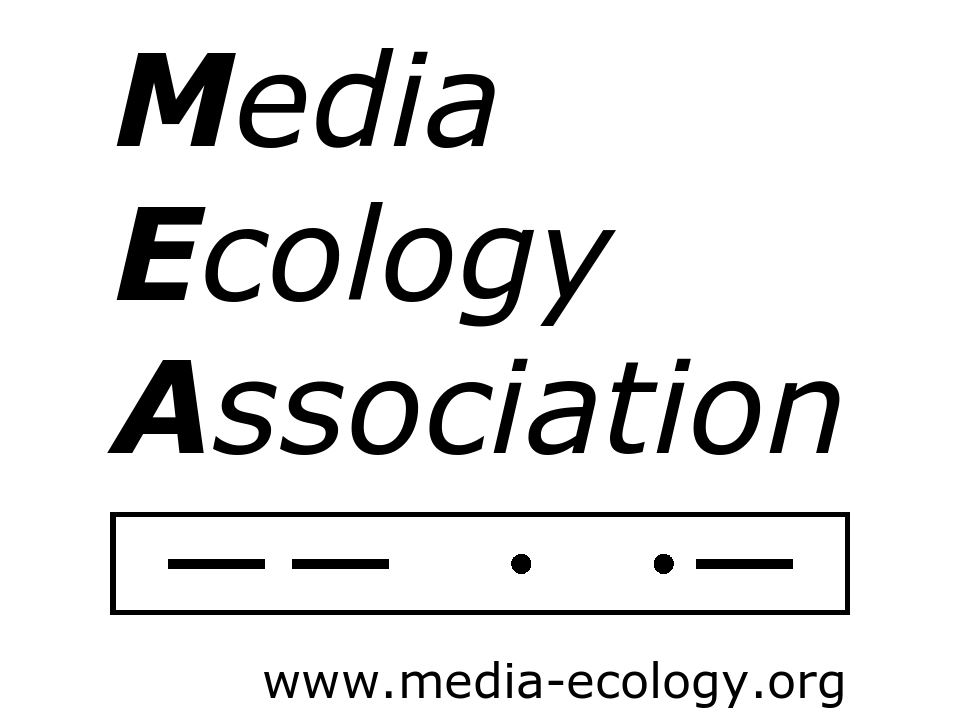MEA @ ICA 2024
The 74rd Annual Conference of the International Communication Association will take place this year in Gold Coast, Australia from June 20–24. The conference theme is "Communication and Global Human Rights." Since the MEA is an Association Organization of the ICA, we are automatically granted one panel as part of the conference program. The following is our program for this year. Panel Title: Chair: Presentations: 1. "When Push Feels Like Pull: Early Adolescent Dependence on YouTube Recommendation Algorithms"
2. "Human Rights and Technology: An Approach to the Impact of Media on Society"
3. "Mennipean Satire, or What Does a Name Mean? The Meaning and Demeaning of Marshall McLuhan's Understanding Media 60 Years On"
4. "Semantic Ecology and Media Ecology"
|

